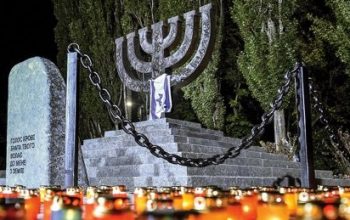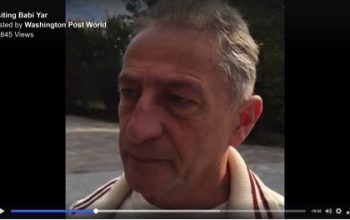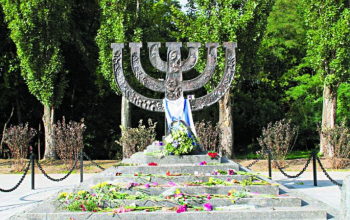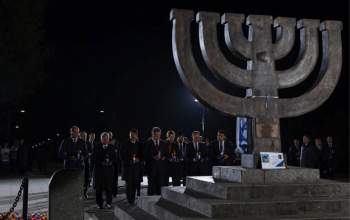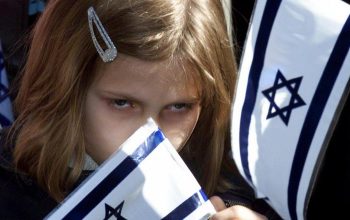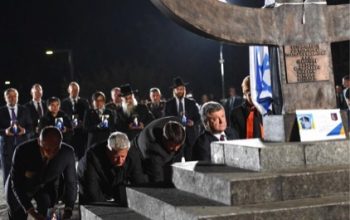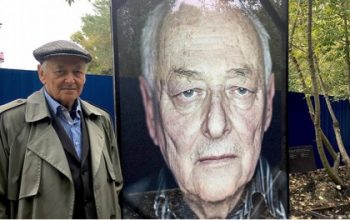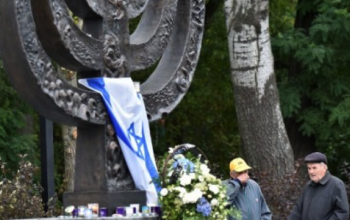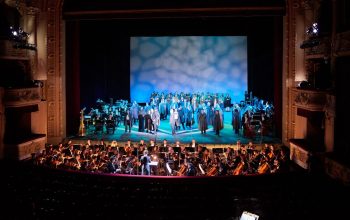NEW YORK – At the invitation of Ukraine’s Prime Minister Volodymyr Groysman, the newly elected president of the Ukrainian Congress Committee of America (UCCA), Andriy Futey, and his predecessor, Tamara Olexy, traveled to Ukraine to participate in the official commemorations of the 75th anniversary of the Babyn Yar tragedy.


